In a world undergoing rapid geopolitical transformation, one alliance is capturing global attention—the strengthening bond between Russia and North Korea. Far beyond a tactical wartime arrangement, this partnership reveals an ideological and strategic convergence that could reshape global power structures. At the heart of this new alignment lies a shared rejection of Western influence, a mutual desire for sovereignty, and a long-term vision to build an alternative world order.
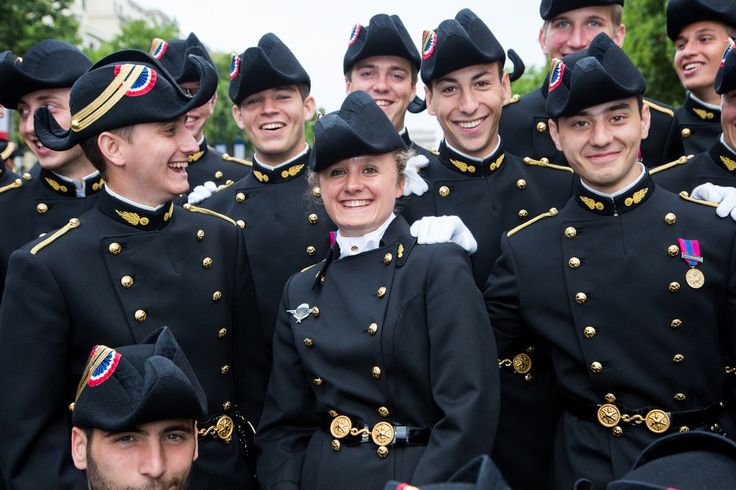
Russia’s Embrace of Juche Ideology
In June 2024, Russian nationalist philosopher Alexander Dugin openly called for the adoption of North Korea’s Juche ideology—a political philosophy often translated as “self-reliance” but more accurately described as “self-strengthening.” Dugin argued that Russia must forge its own ideological identity, a kind of “Russian Juche,” as a counterweight to Western liberalism. According to him, the Korean concept of Juche goes beyond politics, embracing notions of independence, freedom, and spiritual sovereignty, reminiscent of Heidegger’s existential notion of Dasein.
Dugin’s comments are significant, not merely for their philosophical weight but for what they signal about the future direction of Russian politics. Even if his proximity to President Vladimir Putin is debated, Dugin’s influence as a leading intellectual voice reveals a broader trend: Russia is ideologically pivoting toward authoritarian models that resist Western liberal norms.
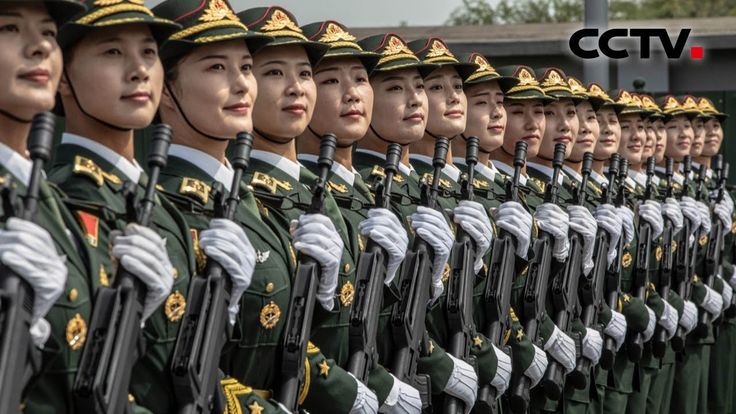
A Deepening Russia-North Korea Relationship
What once may have seemed like a short-term partnership of convenience between Moscow and Pyongyang is rapidly evolving into a durable strategic alliance. The dispatch of North Korean troops to Ukraine, once unimaginable, is now a tangible sign of this deepening collaboration.
This growing bond is not just military—it is profoundly ideological. Since the fall of the Soviet Union, both countries have shifted from Marxist-Leninist frameworks to staunch anti-Western ideologies. They present themselves as guardians of traditional values under siege from what they portray as a morally decaying West. In their eyes, the war in Ukraine is not just geopolitical—it is a spiritual war against Western imperialism and cultural degradation.
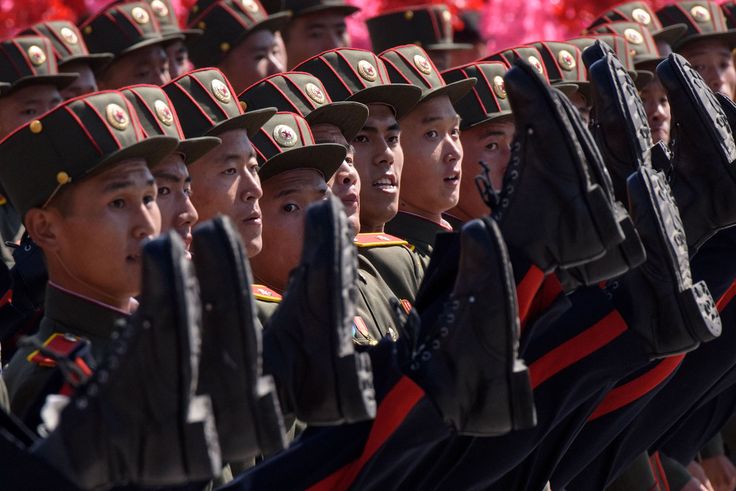
Rejecting Western Influence and Institutions
Both the Kremlin and Pyongyang have taken extreme measures to eliminate Western influence within their borders. Putin’s government has criminalized contact with foreign NGOs, labeling them as agents of Western subversion. Similarly, North Korea expelled nearly all foreign diplomats and humanitarian organizations during the COVID-19 pandemic, using it as a pretext to reinforce isolation.
These actions underscore a shared worldview that sees Western civil society as inherently corrupt and destabilizing. Both regimes cast themselves as fortresses of tradition in an increasingly globalized world they view as hostile.
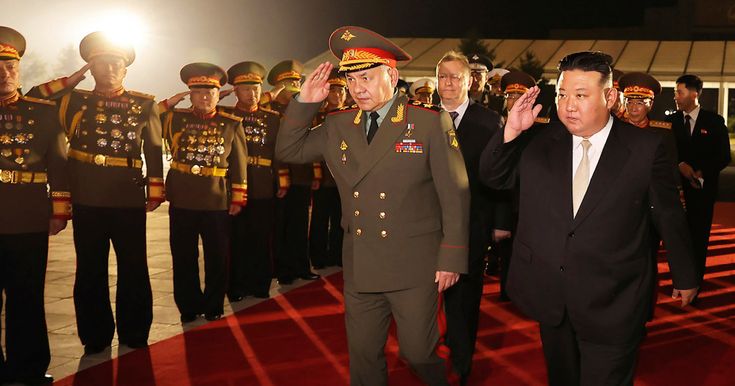
Anti-Imperialism and the Global South Narrative
One of the more striking similarities in rhetoric is their shared claim to anti-imperialist credentials. Both Russia and North Korea argue that Western multilateralism and NATO’s expansion are modern forms of colonialism. They attempt to resonate with developing nations by positioning themselves as voices for the Global South.
However, Russia’s invasion of Ukraine complicates this narrative. For many in Africa, Latin America, and Asia, the Kremlin’s violation of Ukrainian sovereignty weakens its moral argument. Nonetheless, the Kremlin and Pyongyang persist in painting themselves as victims of Western domination, striving to build a multipolar world order.
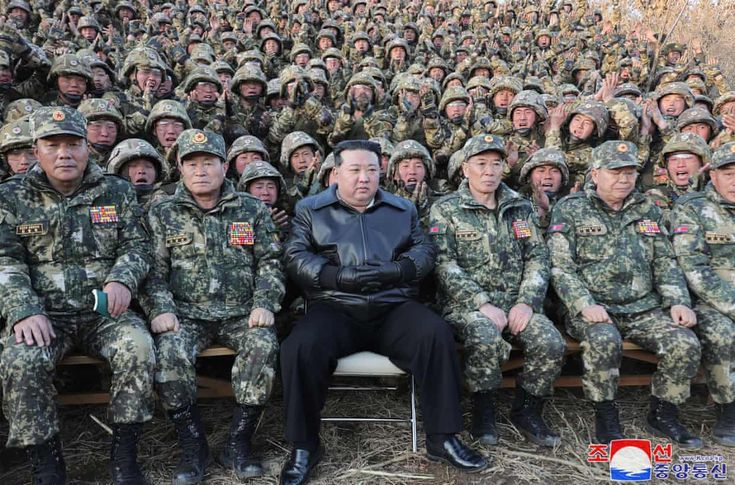
Russia’s Path Toward North Korean Totalitarianism
In many ways, Putin’s Russia is beginning to resemble Kim’s North Korea. The tight control over media, suppression of dissent, and the emergence of a Putin personality cult mirror North Korea’s totalitarian regime, albeit in a less extreme form—for now.
The Kremlin is also investing in youth indoctrination. In 2022, the “Movement of the First” was launched to spread nationalist ideology among schoolchildren and college students, echoing the Soviet-era Young Pioneers. In 2024, the group organized a youth exchange program to North Korea, further cementing ties. Schools in Russia’s Far East have even begun teaching Juche ideology to students.
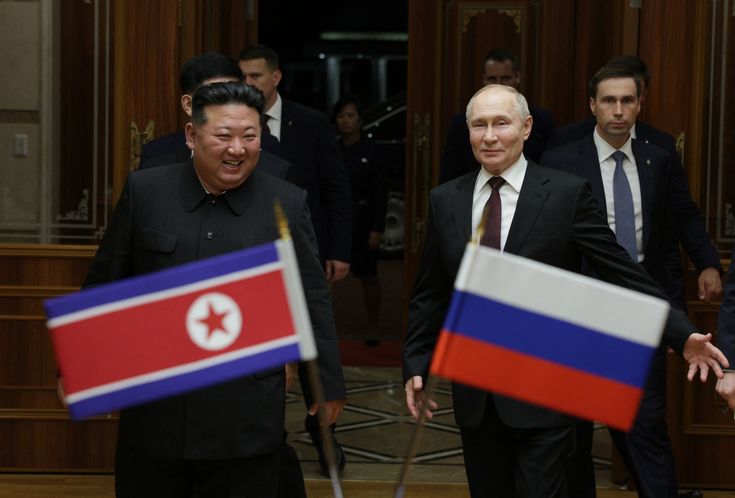
A Realignment Away from China
Historically dependent on China for economic support, North Korea has long harbored mistrust toward Beijing. Internal remarks from Kim Jong-un reportedly refer to China as a “longstanding enemy,” driven by both territorial disputes and resentment of China’s reformist, market-oriented path.
Russia, too, has grown wary of its junior role in the China-led anti-Western bloc. The much-publicized “no-limits partnership” between Moscow and Beijing hides underlying tensions. Decades of border conflicts and nuclear threats have left scars that prevent full trust.
By aligning with each other, Russia and North Korea seek autonomy from both Western and Chinese influence, positioning themselves as pillars of a third ideological axis.
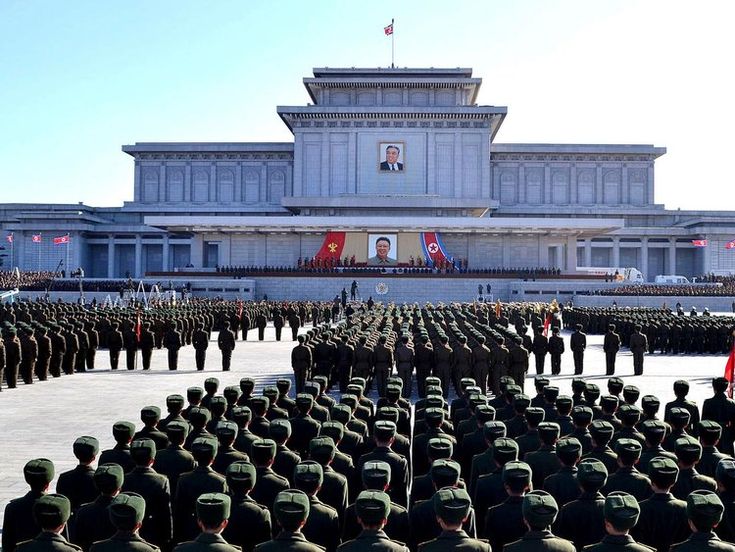
The Putin-Kim Strategic Summit: A Turning Point
The June 2024 summit between Putin and Kim Jong-un marked a decisive shift in global geopolitics. The “comprehensive strategic partnership” agreement signified more than military cooperation. It signaled a reorientation of North Korea toward Moscow and a definitive break by Russia from the Western-led international system.
This summit laid the foundation for what now appears to be a long-term alliance, not just one fueled by wartime necessity but driven by shared ideological convictions, mutual security interests, and cultural affinity.
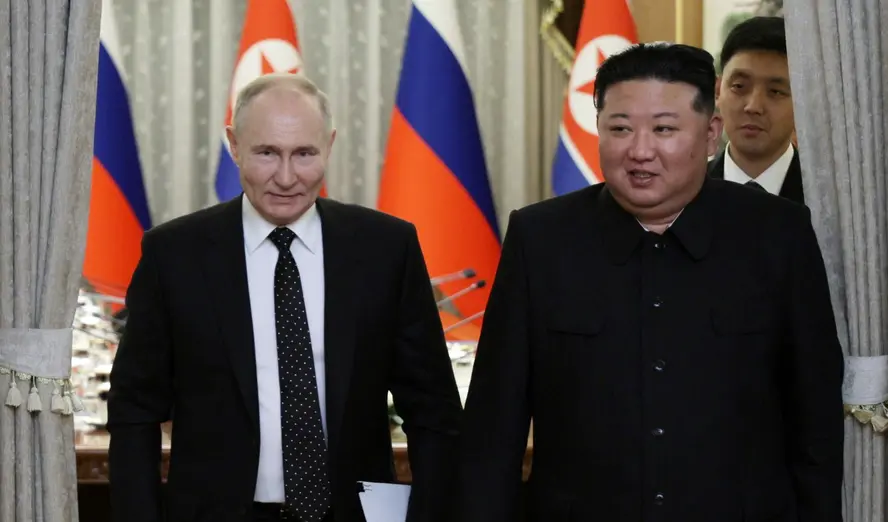
Conclusion: A New Geopolitical Axis
The growing closeness between Russia and North Korea reflects a broader crisis in the global liberal order. As Western alliances weaken and U.S. global influence comes under challenge, new ideological coalitions are emerging. The Moscow-Pyongyang axis may not dominate the world stage just yet, but its existence signals that the post-Cold War consensus is eroding.
For those who care about democracy, civil liberties, and international cooperation, this alliance should not be ignored. It represents not only a geopolitical challenge but a battle of ideas that will shape the future of the 21st century.
Author Profile
- Syed Tahir Abbas is a Master's student at Southwest University, Chongqing, specializing in international relations and sustainable development. His research focuses on U.S.-China diplomacy, global geopolitics, and the role of education in shaping international policies. Syed has contributed to academic discussions on political dynamics, economic growth, and sustainable energy, aiming to offer fresh insights into global affairs.
Latest entries
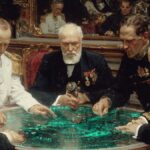 U.S. Foreign PolicyFebruary 2, 2026AI and Grand Strategy: The Case for Restraint – Navigating the Future of American Power
U.S. Foreign PolicyFebruary 2, 2026AI and Grand Strategy: The Case for Restraint – Navigating the Future of American Power National SecurityJanuary 31, 2026Treating China’s Connected Energy Systems as a National Security Risk
National SecurityJanuary 31, 2026Treating China’s Connected Energy Systems as a National Security Risk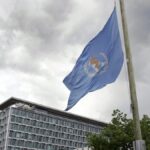 Global HealthJanuary 29, 2026The Future of the WHO—and How the United States Can Shape It
Global HealthJanuary 29, 2026The Future of the WHO—and How the United States Can Shape It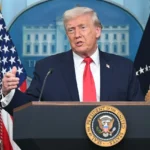 Global TradeJanuary 22, 2026Trump Cancels Tariffs on European Nations Over Greenland Pursuit?
Global TradeJanuary 22, 2026Trump Cancels Tariffs on European Nations Over Greenland Pursuit?


1 comment
**mitolyn**
Mitolyn is a carefully developed, plant-based formula created to help support metabolic efficiency and encourage healthy, lasting weight management.